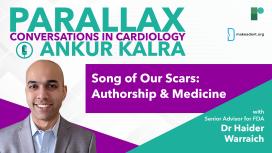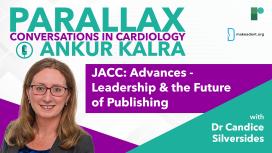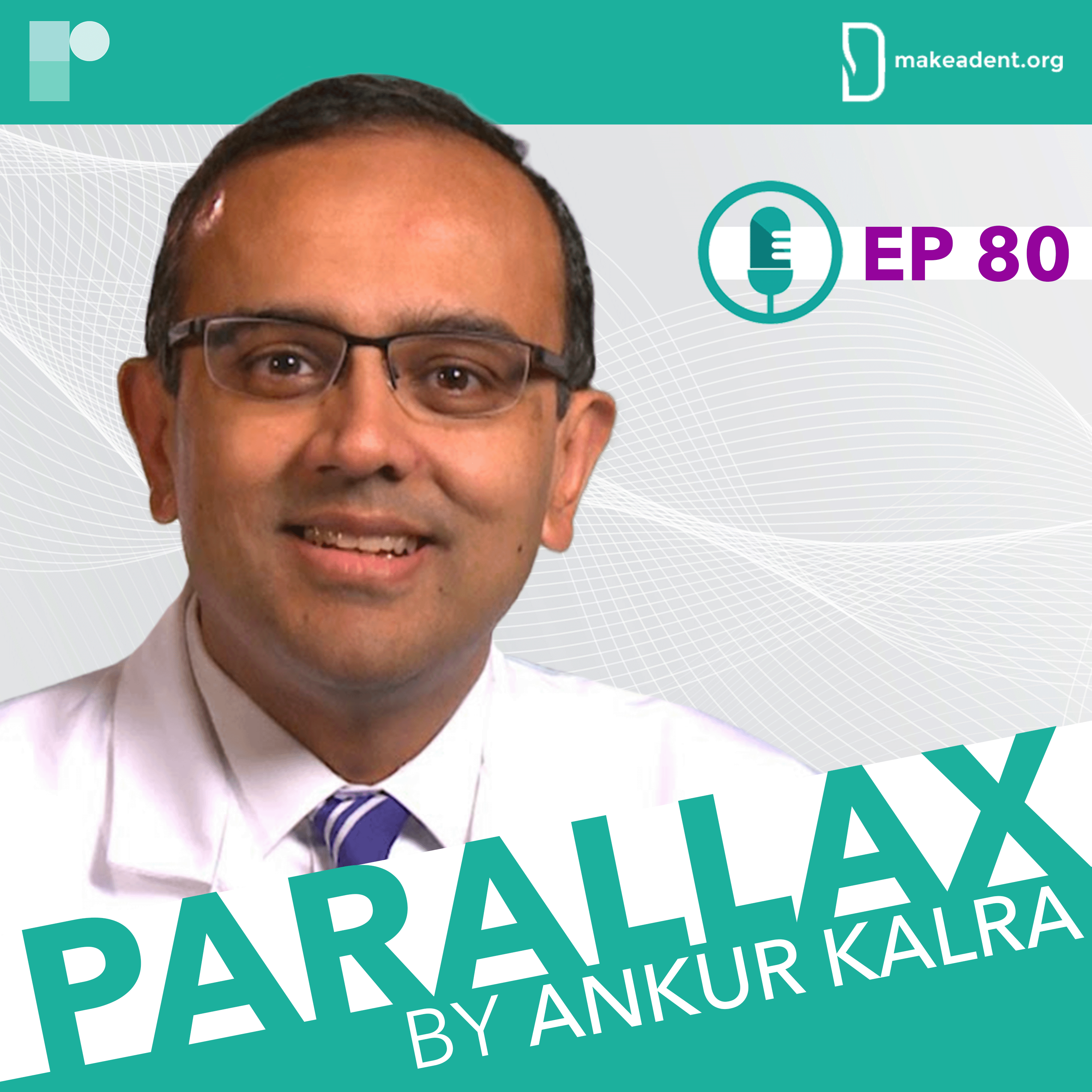
This week’s episode is dedicated to one of the biggest cardiovascular meetings, AHA’s Scientific Sessions. Dr Ankur Kalra’s guest is Dr Manesh Patel, chair of the AHA Committee on Scientific Sessions and Chief of the Division of Cardiology and Co-Director of the Heart Center at Duke University.
Year on year, the organisers of the Scientific Sessions aim to give platform to cardiovascular science at its best: innovative, impactful, and collaborative.
In this information-packed episode, Dr Patel takes us behind the scenes and talks about the work that goes into the curation of the programme and the considerations that shape the event. Dr Kalra asks Dr Patel about his highlights over the years and the movement and changes that he observed as vice chair and chair of the event. Dr Patel elaborates on the key late-breaking science trials in 2022. Dr Kalra and Dr Patel discuss the grading system of the award applications and share some useful information with our listeners.
What does Dr Patel think about the function of the Scientific Sessions? What happens after you submit your application to an award? How do the organisers concert a balance between the scientific and the social need of a global community?
Questions and comments can be sent to “podcast@radcliffe-group.com” and may be answered by Ankur in the next episode.
Guest: @manesh_patelMD, host: @AnkurKalraMD and produced by: @RadcliffeCARDIO.
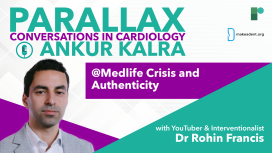
Rohin shares an advice that he received at the beginning of his career: “If you can deal with an average day, the exciting day will take care of itself.”
Ankur asks Rohin about Medlife Crisis and the work that goes into producing a show followed by 500K people. Rohin reiterates his passion for research and science communication. Ankur and Rohin discuss what it means to be yourself on social media and what is Rohin’s advice to our early-career listeners.

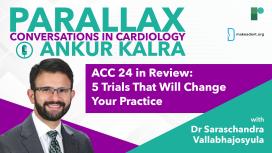
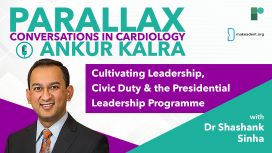
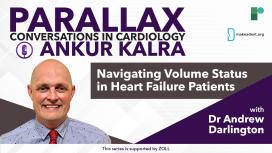
Together, Dr Kalra and Dr Darlington delve into the significance of assessing volume status in patients with heart failure, highlighting its continued relevance in 2024, including the availability of new diagnostic tools, including the Heart Failure Management System (HFMS).
This series is supported by ZOLL and is intended for Health Care Professionals.
